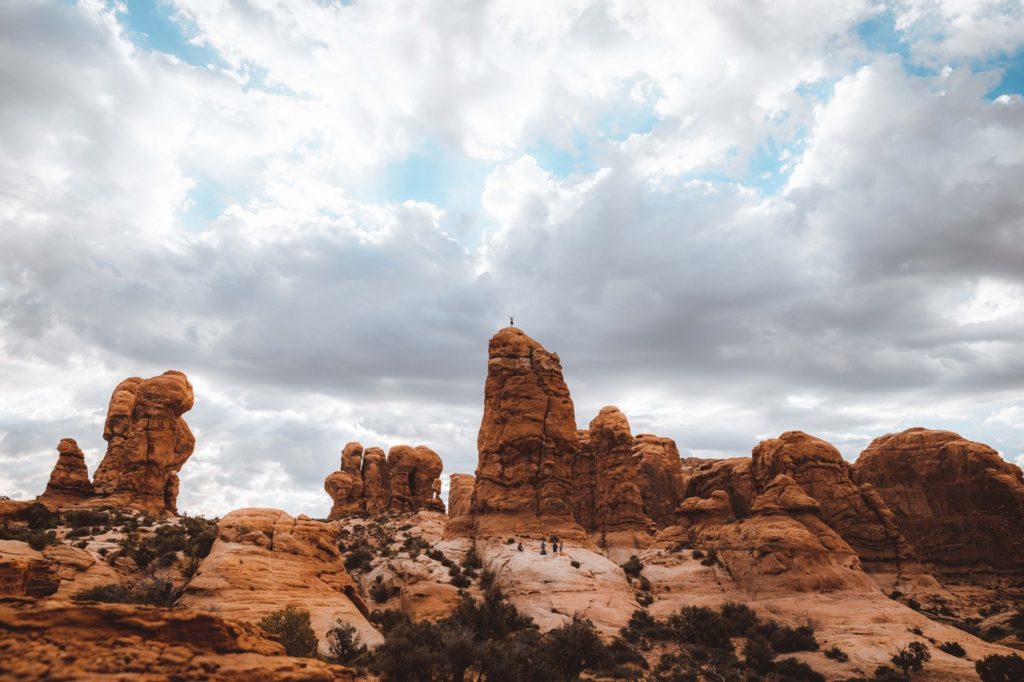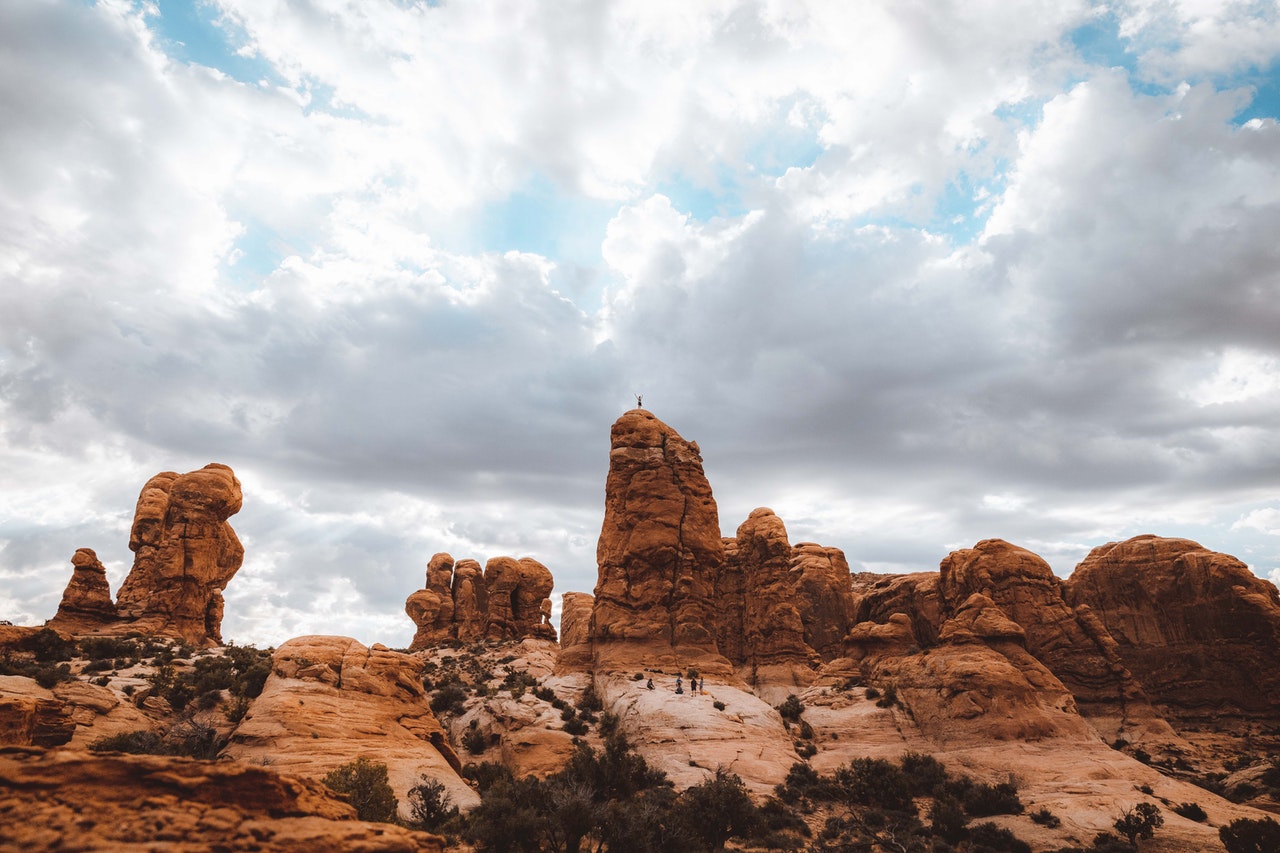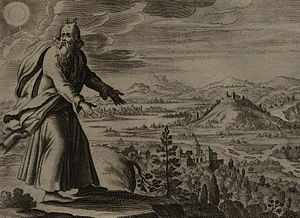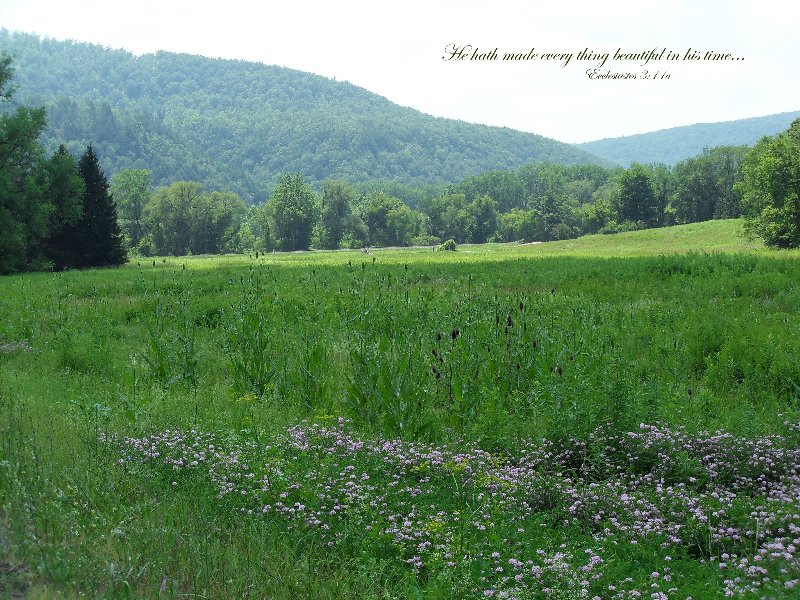
@johnvinod | March 5, 2021
Let us read Matthew 4: 1-11. I must submit, this is one of the most challenging passages in the New Testament. The Gospels (except John) and other passages agree on the reality of the temptation of Jesus Christ. For me, the question is not that Jesus was tempted by the devil, though there is so much to comprehend and unpack there. Instead, it is the unignorable fact that Jesus was ushered into the desert by the Holy Spirit immediately after these crucial events:
John’s declaration that Jesus was “the Lamb of God who takes away the sin of the world” (John 1: 29).
Jesus’ baptism (Matthew 3: 13-17; Mark 1: 9-11; Luke 32-22; John 1: 29-34)
The descending of the Holy Spirit upon Jesus.
John the baptizer’s bold testimony that Jesus is the one who baptizes with the Holy Spirit and that he is indeed “the son of God” (John 1: 33-34).
An affirmation from God the Father saying, “This is my beloved Son, with whom I am well pleased” (Matthew 3:17; Mark 1:11).
These events and assertions are vital and leave no doubt about the divinity of Jesus and his being the Messiah. Nevertheless, these facts also do not prevent Jesus from being led into the desert and from being tempted. To tell the truth, the Gospel writers use these expressions:
“Then Jesus was led up by the Spirit into the wilderness to be tempted by the devil” (Matthew 4:1).
“And the Spirit immediately drove him out into the wilderness. He was in the wilderness forty days, tempted by Satan; and he was with the wild beasts; and the angels waited on him” (Mark 1: 12-13).
“Jesus, full of the Holy Spirit, returned from the Jordan and was led by the Spirit in the wilderness, where for forty days he was tempted by the devil” (Luke 4: 1-2).
The Holy Spirit was present at the conception of Jesus and attested the Father’s affirmation of his Sonship and his obedient life. That same Spirit led Jesus into the desert to be tempted by the devil! In the Jordan River, the Holy Spirit anointed Jesus, and the Father approved him; but in the wilderness he appears to be deserted. It seems like God left him alone. In the most trying moments when Jesus needed to hear the voice of God, that affirming voice was absent. When Jesus wished to recognize the signs of divine presence and power, those signs had vanished leaving him on his own.
The desert or wilderness is a reminder of the experience of the people of Israel and their testing during their forty-year sojourn after leaving Egypt. It is a symbol of the everyday cycle of life that we face on earth. It is a phase in the normal life of a follower of Christ, where the possibilities of temptation are the strongest and where we may find ourselves most vulnerable to these temptations. Jesus Christ underwent this phase even before he launched his ministry.
However, Jesus could not be our Messiah, if he were oblivious to the most troublesome moments of loneliness and temptations that we go through in our life despite following Jesus and being in the will of God. He could not be our Savior if Jesus were unaware of the most formidable human temptations and our most vulnerable moments as a result of such temptations. So, thank God the Spirit led Jesus into the desert!
Today, if you find yourself walking through the wilderness phase of your life, please be assured that Jesus Christ understands and sympathizes with you and he will see you through this desert. And those of us who may not be in the desert at the moment, are you prepared to undergo this phase in your life even when you are filled with the Holy Spirit? Or are you like many who merely want the power of the Holy Spirit without the consequences and temptations that may come as a result of being anointed by the Spirit? May the Lord help us to be prepared for both. Amen.
Leave a Comment








